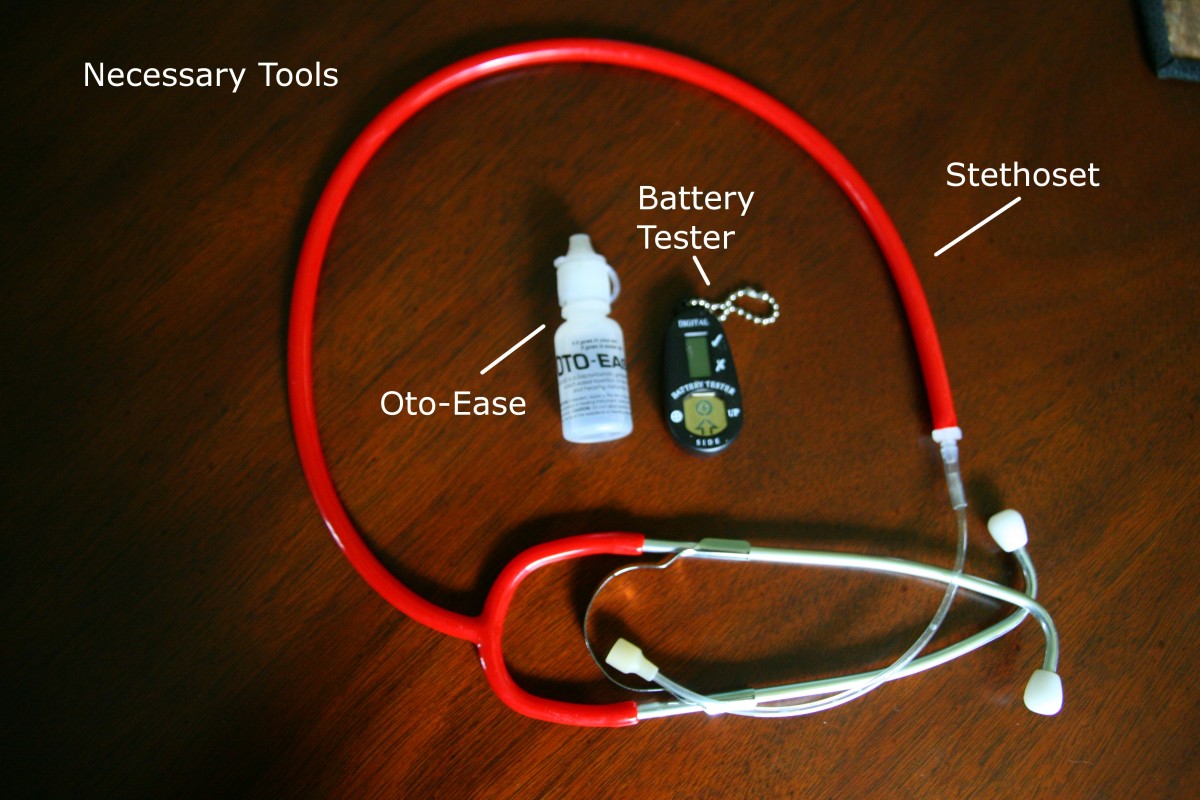How to Develop Discipline, Self-Sufficiency, Eq, Mq in Children

How to develop Discipline in Children
Parents always try to do the best for their children, ensuring that they grow up in a loving, caring and safe environment. At the same time, they try to teach them the ways of the world so that they can grow up to be independent and face the world on their own. When it comes to discipline it is a tough job as the very idea causes a lot of confusion and stress in the parents. They struggle with thoughts of whether they need to be strict to make the children well behaved, and prudent or whether they should give the children lenience and let them learn from their mistakes. So here are some tips on how to make your child disciplined and well mannered. Read on:
Tips to make Your Child Disciplined
Click thumbnail to view full-size

Tips to Make your Child Disciplined
So here are some tips on how to make your child disciplined and well mannered:
1. Set a good example: Most children learn by example. So when the parents and caretakers themselves lead a disciplined life, it is easier for the child to follow the good habits of their parents and be well mannered and self-reliant. It is imperative that the parents instill healthy moral values in the child by following those values themselves.
2. Guide the child: A child may find it difficult to know what is good and what is not, so the parents need to guide the child and explain the pros and cons of each action and allow the child to make the decision.
3. Build a strong relationship with the Child: You should aim at building a strong relationship with the child because then the child will listen to you because he wants to not because he has to. Good values need to be imbibed not instilled.
4. Let them Learn from their Mistakes: The purpose of discipline should be to make the children learn from their mistakes and not to punish them for it. Children should learn to do what is good for them and know the consequences of their choices.
5. Do not be Overprotective: Parents should neither be overprotective nor should they be too lenient. Children are observant, they see things around them and get influenced. So parents need to ensure they grow up in a good environment and in good company. Honesty, Integrity, and punctuality are values that need to be instilled in the children from an early age.
6. Fun Activities with the child: Indulging in fun activities with the children at the same time educating them the good values like caring for the environment, helping others in need, respecting teachers and elderly people is a good method.
8. Allow them to take Responsibility: Also parents need to teach their children to be responsible from a young age. They have to learn to do their work by themselves like wearing their clothes, carrying their school bags, and doing their homework. It not only gives them a sense of achievement but makes them independent as they grow up and help them when they have to make crucial decisions later on in life.
9. Positive Childhood Environment: Research shows that a child who grows in a positive, caring, nurturing atmosphere tends to do better academically and socially and grows up to be a successful person in his or her adulthood. The memories of a positive and beautiful childhood can last a lifetime for the child.

Tips to Make Your Child More Self-Sufficient:
Most of the time the parents help their children with their daily tasks like doing their homework, arranging their books, and cleaning up their rooms. This not only causes a burden on the parents but will also make the child dependent and will not grow up to be self-sufficient and successful later in their adult life. So here are some tips to make your child more self-sufficient.
- Make a check-list: Ask the child to make a list of all the assignments, projects and other school work that he has to submit at the school and ensure that he completes the work and ticks the completed work on the list. This is an early start for the child to get into the habit of being systematic in his work.
- Prepare for the day ahead: The child should be encouraged to prepare for the next day by packing the school bad with the homework and assignments that have to be submitted at school the next day and keeping everything ready so that the last-minute rush in the morning can be avoided.
- Set up a routine: A routine should be set up as to what time the child has to do the homework, when he goes out to play, when he eats and when he goes to sleep so that it becomes a habit. When parents themselves follow the routine, the child will automatically do the same.
- Teach them to be organized and to prioritize: Learning to Prioritize will help avoid a lot of stress, and being organized will help them in the long run. Like keeping the study table clean, not cluttering the room with toys and books and to keep everything neatly in its place, once the work is completed.
- Encourage Independence: Encourage children to do work on their own like dressing, wearing shoes, eating food, carrying the school bag. This makes them independent from a young age.
- Never criticize or compare: Criticizing the child for his mistake can be very damaging to the sensitive mind of the child. So it is always better for the parents to make the child understand the thing in its right perspective and let him rectify the mistake. One should never compare a child to any other as each child is an individual in his or her own right and their individual characteristics should be encouraged and only guided when they are wrong.
Emotional and Moral Intelligence are Equally Important
While the importance of intelligence quotient, which is required for cognitive abilities like learning, reasoning, and memory is established, research today shows that emotional and moral intelligence play an equally important role in the holistic development of the child for a good and successful future.
Emotional Intelligence: Along with IQ, EQ is recognized as an important aspect of a child’s all-round development. Studies have shown that often people with average IQ but high EQ outshine the people with high IQ and low EQ and perform better in a competitive setting. Emotional Intelligence is the ability to express, identify and regulate emotions correctly and manage them effectively and skillfully. The right parental approach can ensure that the child grows up to be an emotionally intelligent individual. A child who grows up in an atmosphere of empathy and consideration for others will have better emotional intelligence and will get better success in later life.
Moral Intelligence can be developed in a child when the parents themselves follow the moral and ethical values that they believe in and providing the right moral environment for the child to grow in. A clear sense of what is right and what is wrong should be taught to the child from an early age so that the child grows up to be a person with character and integrity. Reading moral stories and classics from a young age helps build a child’s character. Reading stories of great leaders like Mother Teresa, Mahatma Gandhi, Martin Luther King, and Abraham Lincoln will be a source of inspiration for the child. Qualities such as empathy, compassion, courtesy are necessary to bond well with others in society and should be inculcated in the child from a young age. Hence the importance of developing emotional and moral intelligence of a child along with good social skills cannot be underestimated.
Final Thoughts
We all now agree that parents have a huge role to play in molding the character of their children and helping them gain the skills needed to grow up to be responsible citizens of the world tomorrow. Positive strategies like praising the child when he is good and reprimanding him when he has done something wrong will help the child to discern the good from the bad and develop moral intelligence which is very essential for all-round progress in life. Further children learn from what they see and hear around them. So parents need to set a good example by following moral values themselves. Parents can help their children develop emotional intelligence by providing an atmosphere of empathy and consideration for others as EQ is as important as IQ to succeed in life. Making them do their work on their own and taking responsibility for what they do helps build strong independent character in the children and make them self-reliant and successful in the long run.
Childhood is the most memorable phase in a person's life so let us help our children have a positive childhood experience which they can cherish for a lifetime.
This content is accurate and true to the best of the author’s knowledge and is not meant to substitute for formal and individualized advice from a qualified professional.
© 2019 VIDYA D SAGAR










